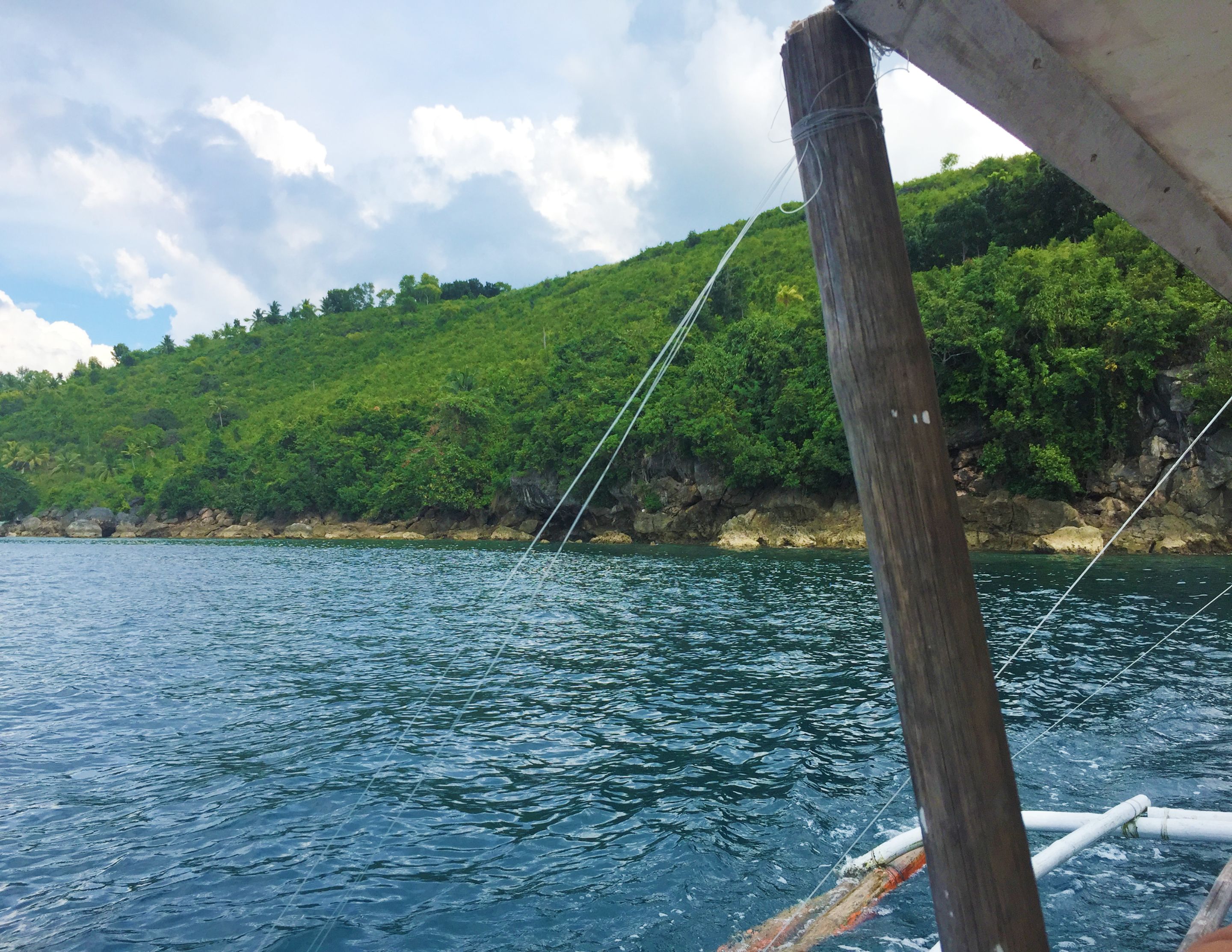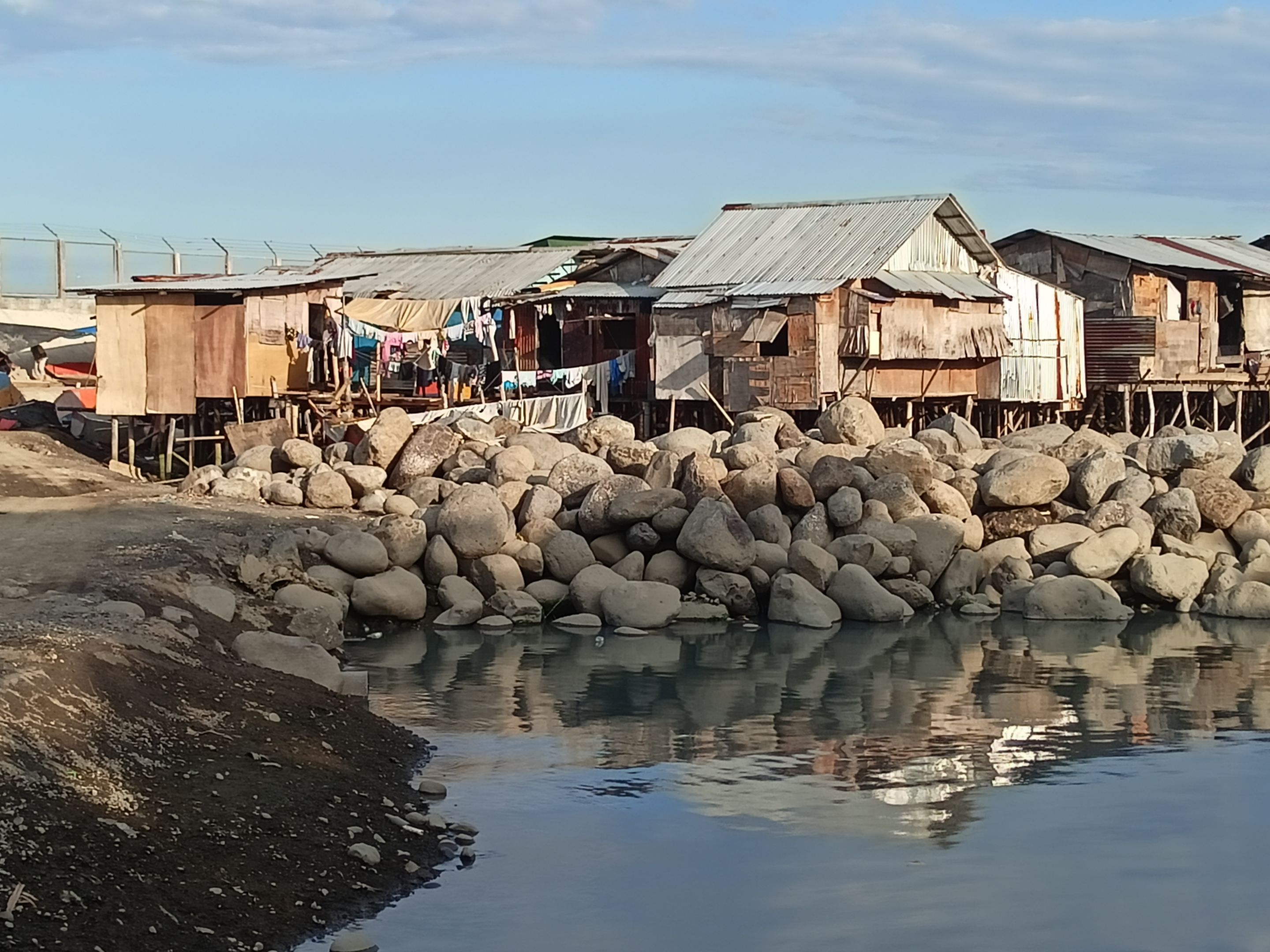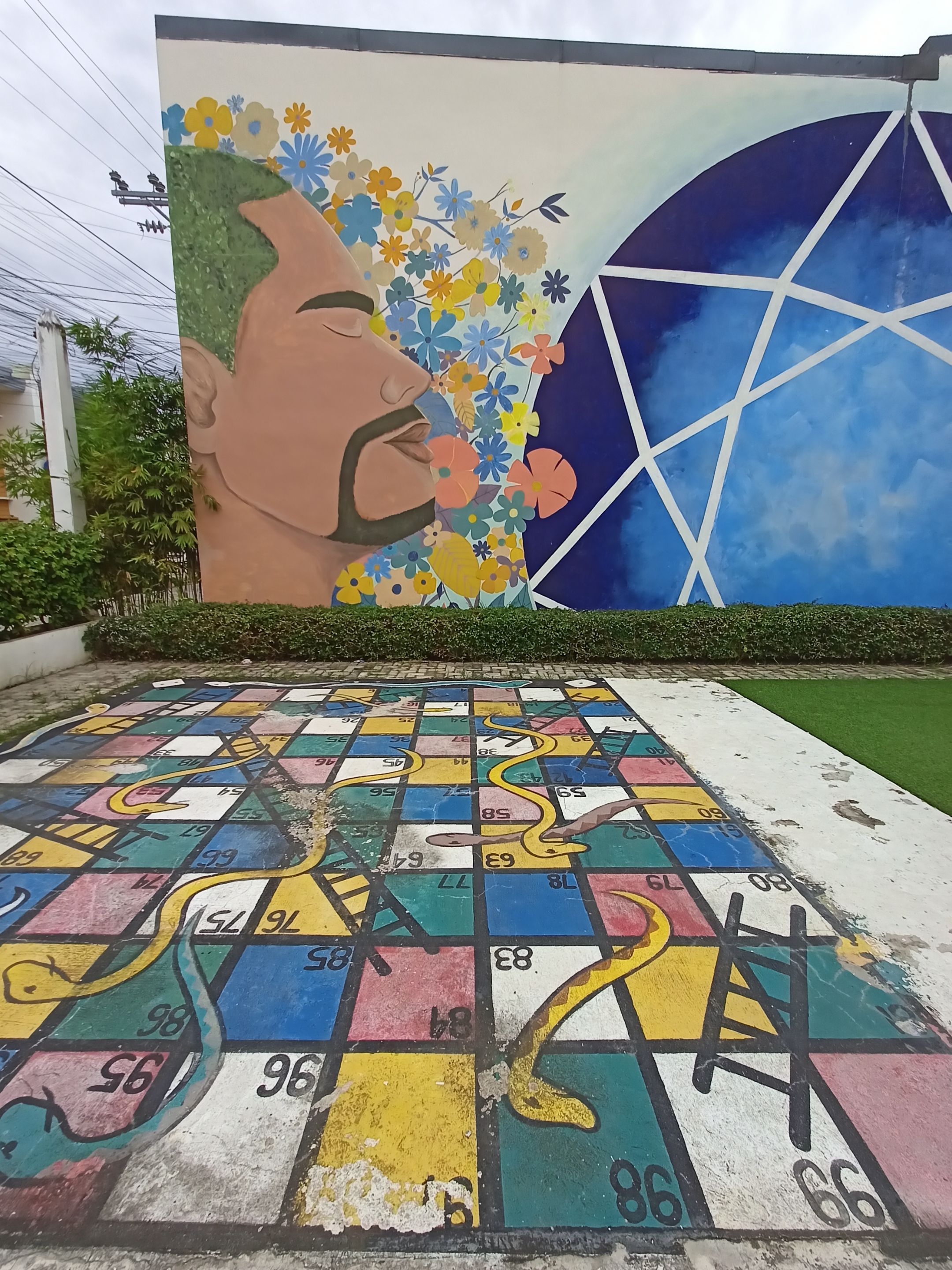Uncharted Waters

Have you heard about Nostradamus, the famous physician, pharmacist, and space scientist?
This esteemed Frenchman may not be recognized by everyone for his outstanding contributions to those fields of study. Yet, if there's one remarkable feat that catapulted him into global stardom, that would be the mind-blowing prophecies he predicted about phenomenal world events such as Hitler, Napoleon Bonaparte and the French revolution, the Atomic bomb, the JFK assassination, 911, and other historical catastrophes. Do you remember him now?
Nostradamus was most probably gifted with the supernatural ability to tinker with the unknown. Are his controversial predictions mere coincidences? Or do they have divine influences? Could he be a God-given prophet sent to Earth from heaven? We might never know.
What if like him, every single one of us could harness the power to forecast future occurrences?


If so, would that possibly solve one of life’s greatest concerns: the fear of the unknown? Chances are, yes!
On the contrary, that's simply not the case because it's so far from the truth. As normal human beings, we are faced with the harsh reality of living with uncertainty. It's absolutely impossible to know what's happening next. Isn't it?


Let's picture this familiar scenario for a moment. Imagine your life is represented by the planet’s vast oceans. And you are the boat floating on its enormous aquatic environment filled with various types of marine creatures, unexplored islands, plus the unpredictable behavior of wave currents and ever-changing weather patterns.



The boat (You) traversing the ocean (Life) may be equipped with all the sophisticated gear (Skills) to maneuver the unforeseen circumstances ahead. However, despite having planned your trip well in advance, a sudden crisis, misfortune, tragedy, or disaster can never be predicted beforehand. Even with all the counter-measures in place, the future will remain clueless.
To put this metaphor into a more pragmatic perspective, here are a few thought-provoking questions that align with our fear of the unknown:
What will my life be like 3, 5, 10, or 50 years from now? Would I still be alive?
Will my dreams, goals, and aspirations become true?
How will my current decisions impact my future self?
Problems exist. It's inevitable. And uncertainty will constantly be one of the biggest hurdles out there that continue to present itself during our voyage in the ocean of life. It's definitely one of the major causes of chronic anxiety.


However, is it always that bad? What's the worst situation that can happen as a result of not having any idea about the future?
Although uncertainty and being clueless about upcoming events may have their obvious disadvantages, I firmly believe that they can also promote positive implications if you look at them through the following personal reflections:
What's the purpose of already knowing the future if you bypass the game of life (triumphs, failures, processes)? Should the ride be a thrilling one instead of being boring? Games are fun and are meant to be played.
Do you desire to witness the final chapter of your life the day you were born? Death instantly kills the joy of dancing with life’s ups and downs.
Life is a wild adventure. And if you're already aware of what's happening next, would you still be excited and hungry for more experiences? It's pointless to predict the future if it eliminates your growing appetite for the zest of living.
There are two options. We could forever wish to be like Nostradamus, possessing the capability of imagining unforeseen developments.


On the other hand, we could take responsibility and honestly embrace the reality of uncertainty’s existence. The boat journey may be unstable due to rough sea waves, but it will always be worth it at the end of the day. We accepted the challenge and succeeded in facing our fears.
The choice is yours.
Copyright © 2020-2024 storiesoferne. All rights reserved.










Comments